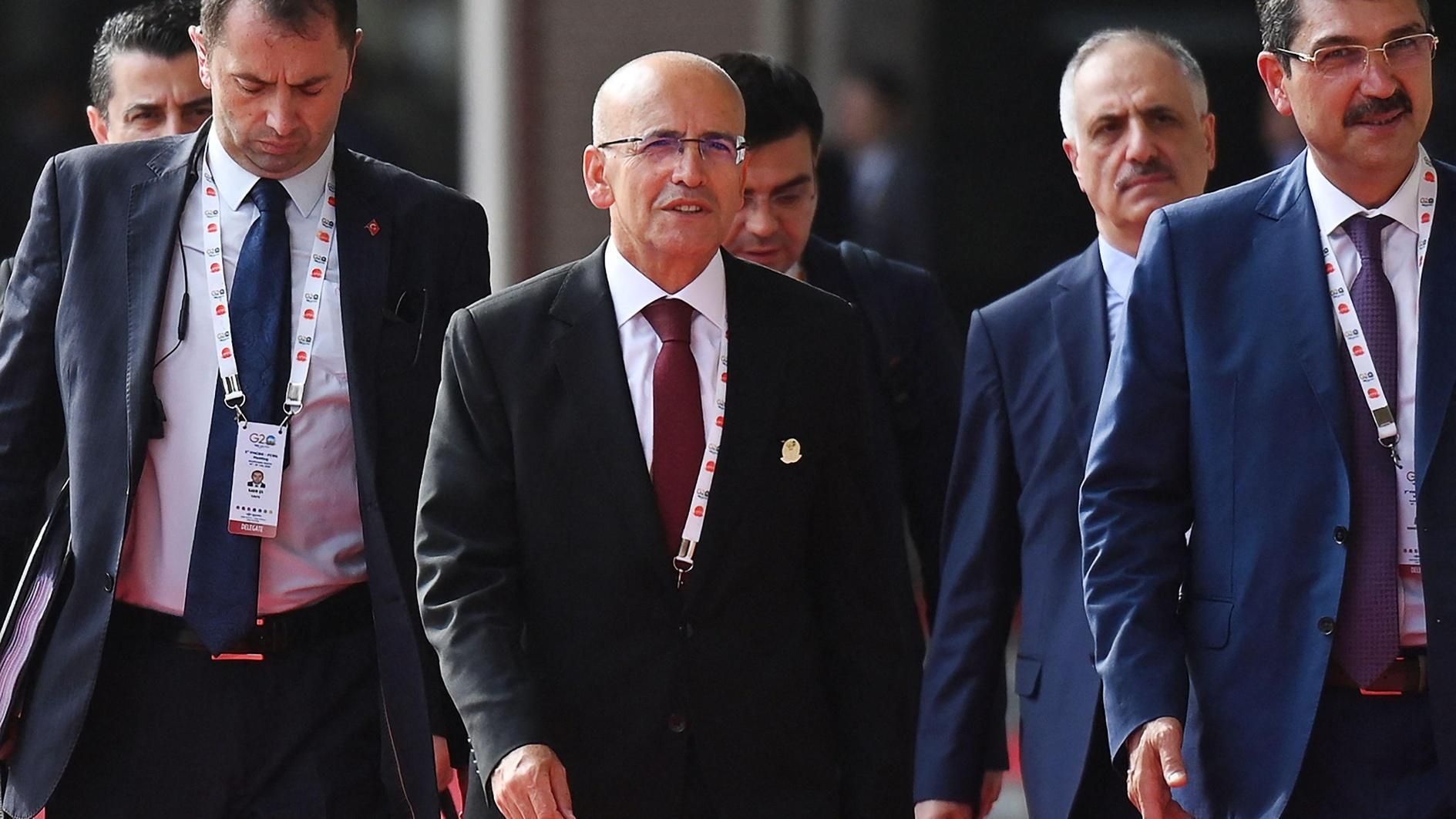Analysis: How Turkey’s social conservatives won the day for HDP
ISTANBUL

REUTERS Photo
A data-based analysis by Erik Meyersson, an assistant professor at the Stockholm School of Economics, argues that the rise of Turkey’s Kurdish problem-focused Peoples’ Democratic Party (HDP) stems from the shift in conservative Kurdish votes, not the liberal Turkish ones.“Despite talk of ‘borrowed votes,’ i.e. strategic voting by (I assume) predominantly traditional CHP [Republican People’s Party] supporters, an initial look at the election suggests that what pushed HDP into parliament was a shift among traditional right-wing voters – the socially conservative Kurdish communities in the East and some living in the large cities who abandoned the AKP [Justice and Development Party] for the HDP,” Meyersson wrote on his blog June 10.
According to tentative results announced by the Supreme Election Board (YSK) on June 9, the AKP received 18,344,358 million votes (40.87%), the CHP 11,339,127 votes (24.95%), the Nationalist Movement Party (MHP) 7,422,726 votes (16.29%) and the HDP 5,846,851 votes (13.12%).
After analyzing data on province-level vote swings in the latest elections, Meyersson said “All of these show roughly the same phenomenon: HDP votes appear to come mostly at the expense of AKP votes rather than CHP votes.”
Catering to religious values
“It’s unlikely that yesterday’s HDP’s electoral success represents some kind of revival of Turkey’s left, or its liberals. Much of the boost to HDP’s political clout instead seems to be coming from former AKP voters, both in the East and inside Turkey’s largest cities. Especially among the former, who were not already voting for the pro-Kurdish parties’ independent candidates, these are likely the ones AKP were able to win over catering to their religiously conservative values,” Meyersson argued.
Concluding that the success of the HDP “remains mostly a Kurdish success,” Meyersson concluded: “As such, despite the liberal and leftist appeal of HDP front persons, they’re likely up for a significant challenge in steering a party that is secular and progressive at the top whilst pious and socially conservative at the bottom. And so, observers hoping that the Kurds will provide the liberal alternative that the existing Turkish parties have so far failed to provide, are likely to be disappointed.”
Click here to read the full article
















